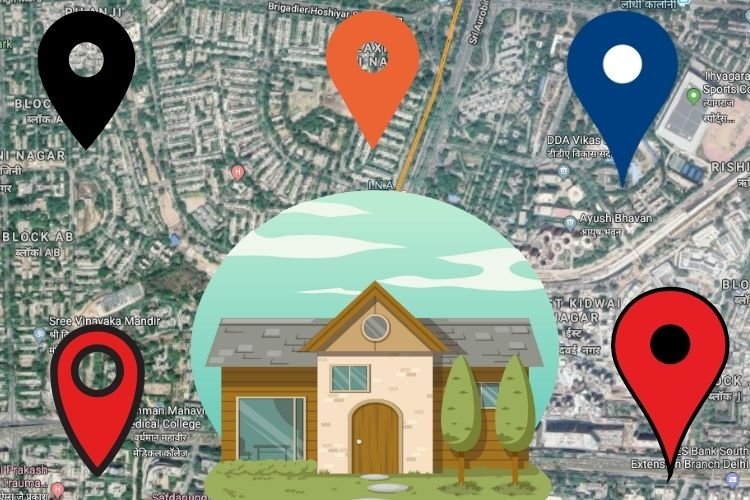India has launched DIGIPIN, a geospatially accurate digital address system that assigns every property a unique 10-digit code. Developed by the Department of Posts with the support of IIT Hyderabad and ISRO, this innovation could radically transform last-mile logistics, governance, and emergency response systems.
A New Code for a New Age: DIGIPIN Explained
In a landmark step towards digital governance, the Department of Posts has rolled out DIGIPIN — the Digital Postal Index Number — a 10-digit geocoded address system that ties every Indian property to a precise location on the map. Unlike traditional six-digit PIN codes that cover broad geographical areas, DIGIPIN homes in on each structure with a unique identifier derived from its latitude and longitude.
This initiative, part of the government’s drive to enhance location accuracy, logistics efficiency, and service delivery, was announced through an official release on May 27, 2025. It is the result of a strategic collaboration between the Department of Posts, IIT Hyderabad, and ISRO’s National Remote Sensing Centre.
Through its open-source foundation, the DIGIPIN system is a pivotal building block in India’s push toward Address-as-a-Service (AaaS) — a vision that could soon become central to how citizens, companies, and governments interact.
How DIGIPIN Works: Precision Meets Public Utility
DIGIPIN leverages India’s geospatial backbone. The country is digitally divided into grid squares, each assigned a unique code based on exact latitude-longitude coordinates. This means your DIGIPIN is essentially a fingerprint for your location, unaffected by street name duplications, misspellings, or ambiguous address formats.
The platform ‘Know Your DIGIPIN’ is already live at https://dac.indiapost.gov.in/mydigipin/home, allowing users to retrieve their digital address by simply entering basic location data or navigating on an interactive map. The technology is interoperable and open-source, with its source code now hosted on GitHub, encouraging developers and institutions to integrate it into existing workflows.
Experts say that the introduction of DIGIPIN has the potential to drastically reduce logistical ambiguities, making delivery and verification faster and more secure.
FCRF x CERT-In Roll Out National Cyber Crisis Management Course to Prepare India’s Digital Defenders
Why It Matters: Addressing India’s Last-Mile Challenges
In a nation of 1.4 billion with over 600,000 villages and often chaotic urban layouts, DIGIPIN is more than just a technological upgrade, it’s an infrastructure equaliser.
Traditional PIN codes group large zones under a single identifier, often making it difficult to pinpoint homes, especially in densely packed slums, rural areas, or newly urbanised extensions. DIGIPIN eliminates this opacity.
Beyond postal efficiency, DIGIPIN is poised to support:
- Disaster response and emergency services, by enabling real-time geolocation of distress calls.
- eCommerce and food delivery logistics, improving address validation and last-mile delivery.
- Property verification, helping institutions like banks and insurers validate user location digitally.
- Governance and planning, where spatial accuracy is critical for utility mapping, surveys, and social service targeting.
Its utility is also deeply felt in public safety and health, where vaccines, medicines, or relief material must reach the right home, fast.
About the author – Prakriti Jha is a student at National Forensic Sciences University, Gandhinagar, currently pursuing B.Sc. LL.B (Hons.) with a keen interest in the intersection of law and data science. She is passionate about exploring how legal frameworks adapt to the evolving challenges of technology and justice.


